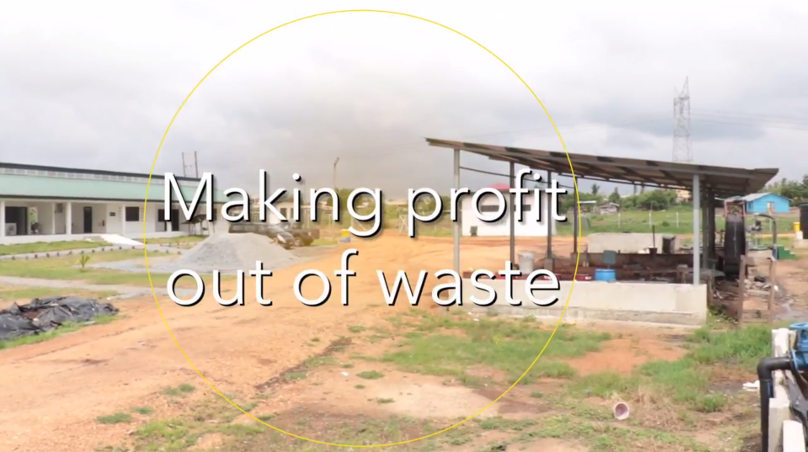Context
In January 2017, opposition leader Nana Akufo Addo became the country's new president. After a peaceful, democratic transition of power, president Akufo Addo presented a new policy, which focuses on the development of the private sector. This could be a positive development for Ghana, in general, and also for Dutch-Ghanaian co-operation, since Ghana is a transitional country in which economic ties are gradually replacing official development aid (ODA). The Netherlands and Ghana are working together productively on inclusive growth. Apart from the common goal to boost employment and development for all, both the Dutch and Ghanaian governments hope to convince potential emigrants to stay in Ghana. With regard to the priority themes, new financing and business models have been introduced to encourage better participation by the Dutch and Ghanaian private sector, knowledge institutions and NGOs. Ghana's economic growth has traditionally been strong but the macro-economic situation has been less favourable in the past year, due to major fiscal and external imbalances. Given these developments, the IMF is investing in economic and financial reforms, and the Netherlands has increasingly focused its support in Ghana on market reforms, customs and tax policy implementation.





